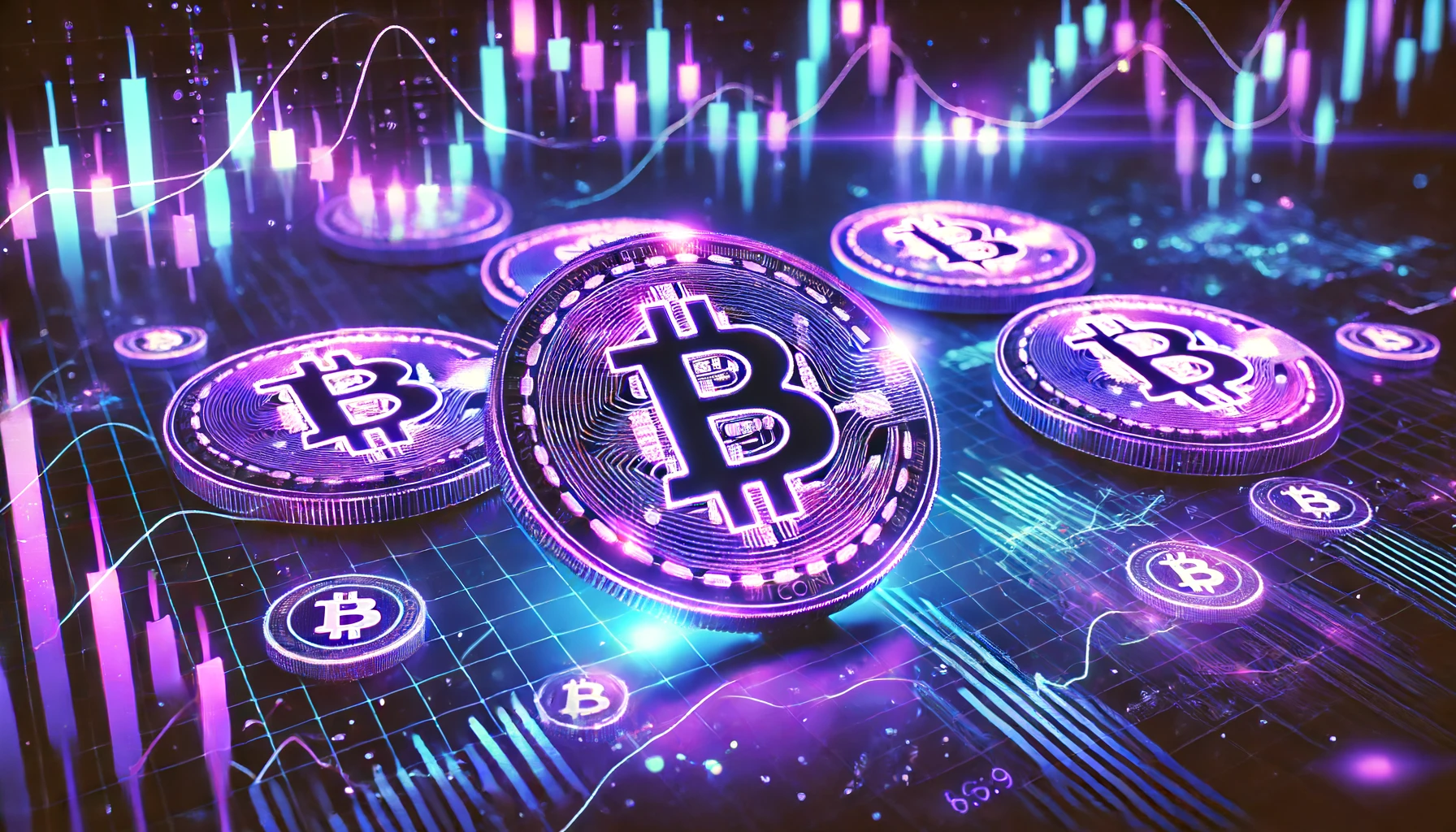Despite the growing interest in tokenizing real-world assets, Wall Street remains cautious about diving fully into decentralized finance (DeFi), preferring controlled environments over the regulatory uncertainties of the crypto Wild West.
Points
- Wall Street’s cautious approach to DeFi
- Preference for controlled environments over public blockchains
- Potential $30 trillion market for tokenized assets by 2034
- High-profile projects like BlackRock’s and Franklin Templeton’s blockchain funds
- Regulatory concerns and the future of DeFi
Wall Street is making significant strides in tokenizing real-world assets, yet it remains cautious about fully embracing decentralized finance (DeFi). Financial institutions are caught between the allure of the efficiencies DeFi promises and the regulatory uncertainties that come with operating in the crypto Wild West.
Steven Hu, the digital assets guru at Standard Chartered, notes that going entirely decentralized for tokenization is neither realistic nor desirable for banks. “There’s a critical need for centralized authority to ensure the authenticity, uniqueness, and proper use of the underlying asset,” Hu said.

Despite this cautious stance, the tokenization market is projected to reach $30 trillion by 2034, with private credit leading the way. Currently, about $13.2 billion in real-world assets have been tokenized, including $8.4 billion in private credit and substantial investments in US Treasuries.
BlackRock and Franklin Templeton are among the big names already making moves. BlackRock’s digital money market fund has attracted $527 million since March, and Franklin Templeton’s BENJI tokens are expected to trade across the crypto ecosystem. These high-profile projects highlight the growing interest in combining traditional finance with blockchain technology.
While some Wall Street players are opting for private blockchains, others, like Nana Murugesan from Matter Labs, argue that public networks hold the real potential. Murugesan believes that public blockchains will drive the most significant innovations in tokenized assets and market efficiencies.
However, regulatory concerns continue to loom large. The Monetary Authority of Singapore has 24 big banks experimenting with tokenization in their sandbox, and Goldman Sachs is developing a private blockchain for bonds. These initiatives reflect the industry’s attempt to balance innovation with regulatory compliance.
Jeremy Ng from OpenEden aptly summarizes the situation: “DeFi is the horse that pulls the tokenized RWA cart.” Without the advancements and efficiencies driven by DeFi, the tokenization of traditional assets would not capture as much interest.

The line between traditional finance and DeFi is becoming increasingly blurred. While Wall Street’s cautious approach may slow full-scale adoption, the ongoing experiments and high-profile projects signal a future where tokenized assets and DeFi play a pivotal role in financial markets.
Explanation
- Tokenization: The process of converting rights to an asset into a digital token on a blockchain. Tokenized assets can be traded and managed more efficiently and securely.
- Decentralized Finance (DeFi): Financial services that operate without central intermediaries, using blockchain technology to enable peer-to-peer transactions.
- Private Blockchain: A type of blockchain network that restricts access to authorized participants, offering more control and privacy compared to public blockchains.
